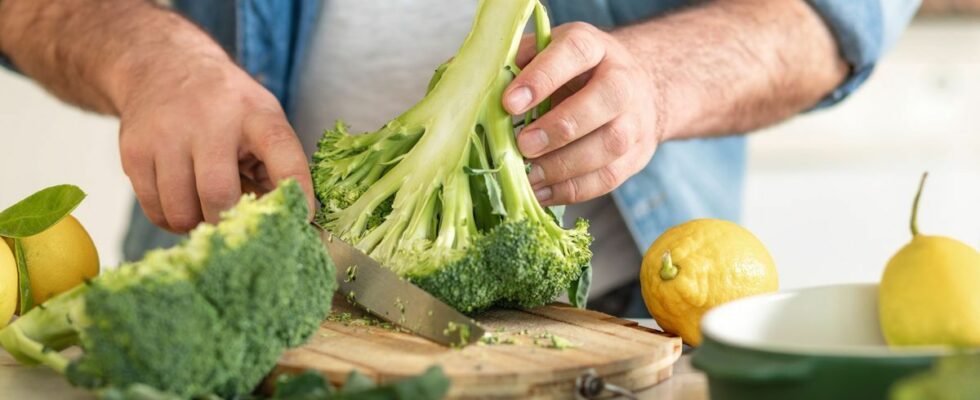Published on
updated on
Reading 2 min.
The opening of a COP – like the 29th which has just started in Baku, traditionally raises the question of ecological commitment on an individual scale. In France, while the rate of households who say they are eco-committed has fallen, from 24% in 2023 to 21% this year, the climate emergency does not appear to be a sufficient priority to change habits, even if the French people appear to be anti-waste champions.
While the Conference of the Parties (COP) on climate change has just opened and is already the scene of controversies not only because of the host city which is none other than Baku in Azerbaijan whose economy is based on oil and gas in the Caspian Sea, but also on the potential exit of the United States from the Paris Accords following the election of Donald Trump, a very detailed study published by Kantar reveals in France how the environment does not constitute the first argument to commit to reducing greenhouse gas emissions at the individual level. During an entire day devoted to exchanges between “key players in mass consumption“, the data juggernaut revealed the misunderstandings that could exist regarding responsible consumption.
Because, for a food, a shampoo or a household product to really find its place in homes, it must above all offer benefits for the user’s health. In any case, this is what 28% of French people say. Environmental and ethical considerations only come into play as a secondary matter. A reality to be put into context, that recently recalled by the last International Food Fair (SIAL) organized in Paris.
Nearly three-quarters of consumers worldwide (74%) believe that food can pose a risk to their health, a figure up 4 points compared to the previous 2022 study. The same proportion of people had elsewhere confided to having changed their eating habits for healthier menus. 65% of respondents were even prepared to pay more for this guarantee, particularly in the United States, China and India, less in Europe and particularly in France (49%, – 3 points). Concretely, this involves foods without sugar, without additives, without salt or even without preservatives. This is the definition of “healthy eating” for 77% of French people.
To commit to responsible consumption, you still need to have the means. The price still constitutes a notable obstacle, singled out by 58% of people questioned in France. However, it is not for lack of wanting to move the lines. But there is a gap between aspirations and the reality of daily life. Thus, 60% of French people would like to get involved while only 44% really are. One of the solutions is thus correlated with purchasing power, namely anti-waste. While responsible consumption involves anti-waste for 69% of French people, 49% of households say they intend to limit waste when shopping and eating.
What if the key was in the level of consumer trust in brands and companies? Their distrust even constitutes the third obstacle to more committed responsible consumption (27%). For 69% of French people, “all companies only care about profits and their environmental commitments are marketing”.
